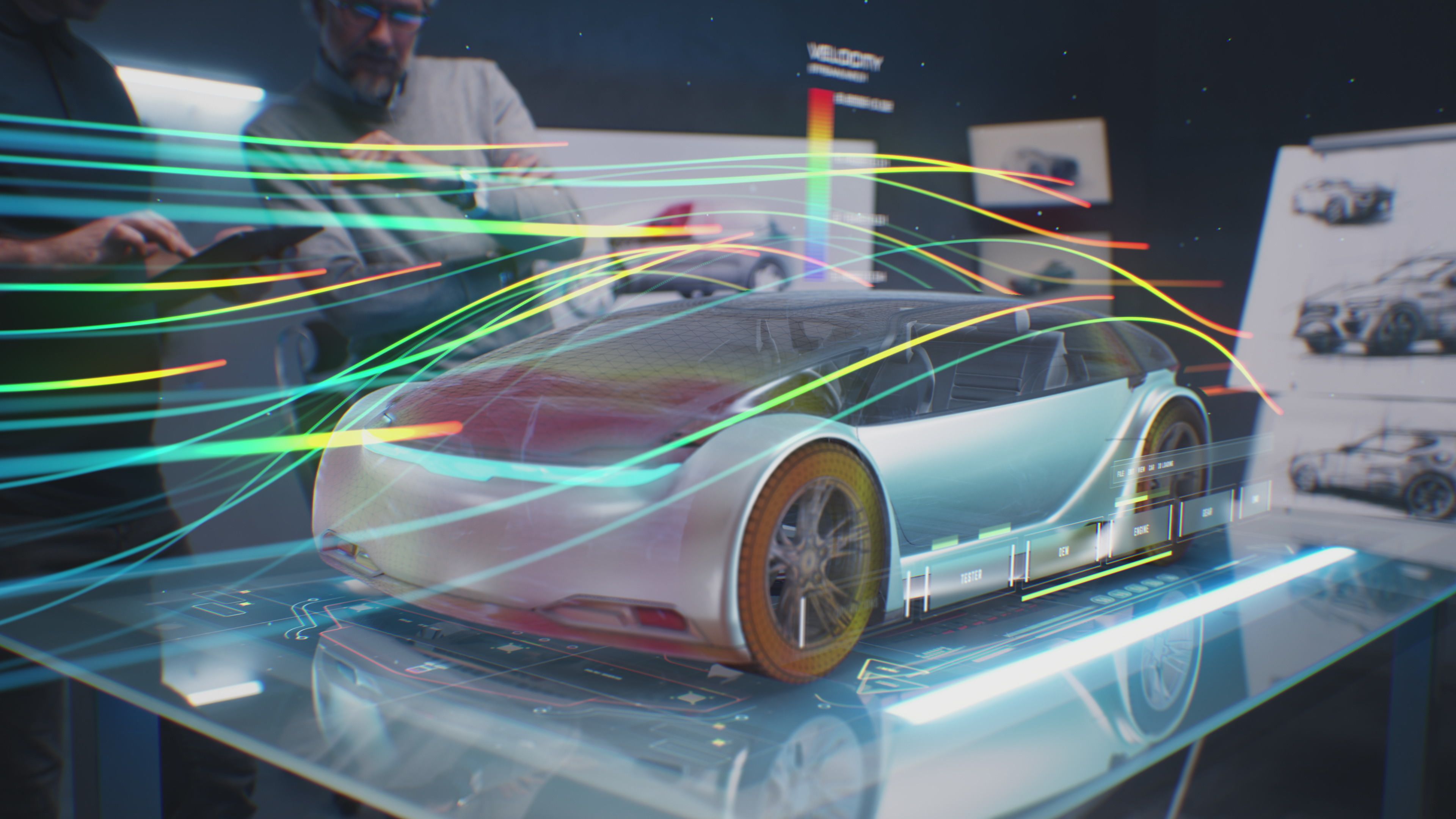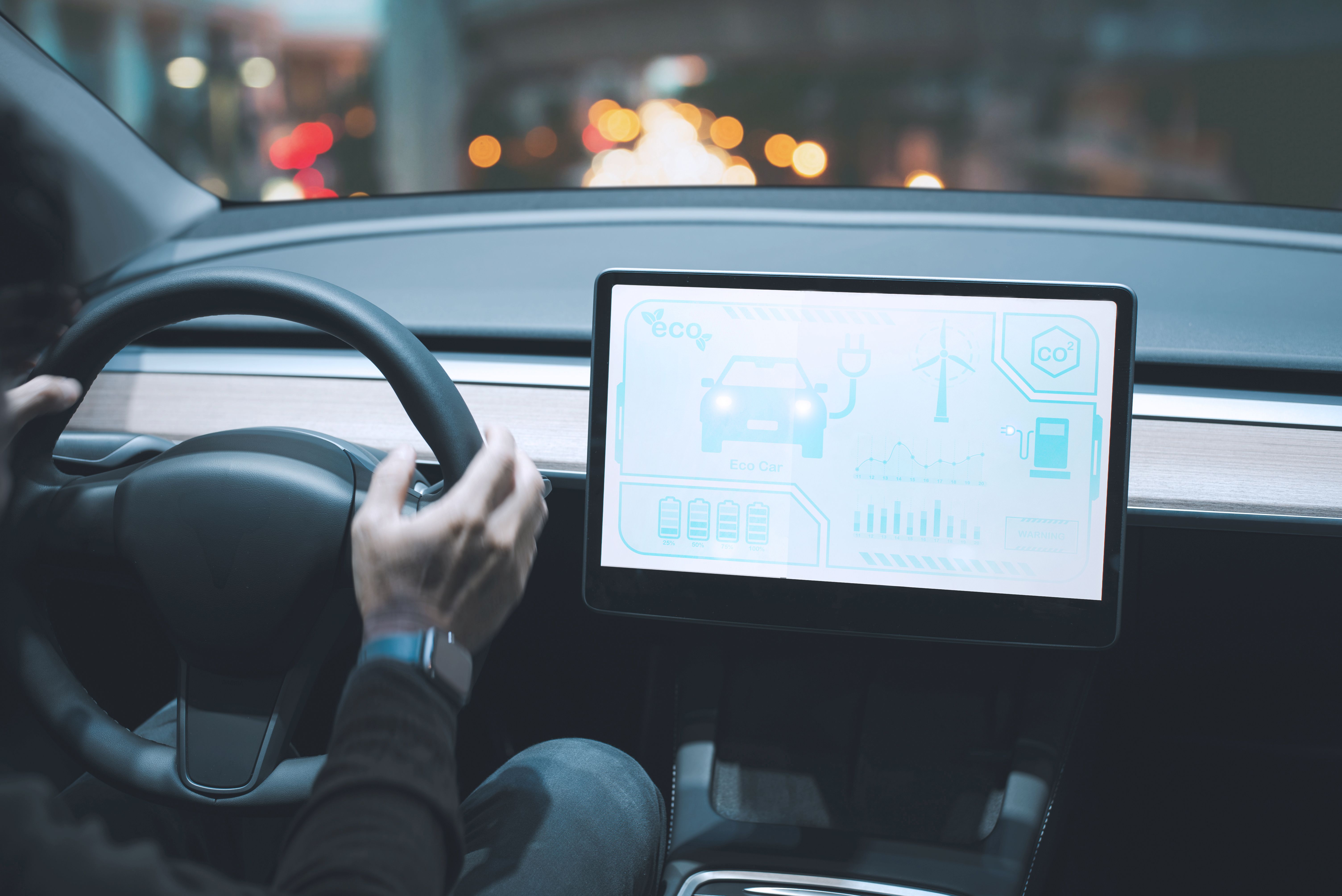The Future of Car Test Drives: Real-World Data
MC
Revolutionizing the Test Drive Experience
As technology continues to evolve, the traditional car test drive is undergoing a transformation. The future of test drives is leaning heavily towards the integration of real-world data, offering potential buyers a more comprehensive understanding of a vehicle's performance and features. This shift is set to enhance the buying experience by providing consumers with valuable insights that go beyond the brief experience of a traditional test drive.

Understanding Real-World Data
Real-world data refers to the collection and analysis of information that reflects the actual use and performance of a vehicle in everyday conditions. This data is gathered through various sensors and connected technologies embedded in modern cars. It provides a wealth of information, from fuel efficiency and handling to comfort and safety features experienced over time.
By leveraging this data, car manufacturers and dealers can offer prospective buyers a clearer picture of how a vehicle performs outside the controlled environment of a dealership. This approach not only builds trust but also empowers consumers to make more informed purchasing decisions.
Benefits of Real-World Data in Test Drives
The integration of real-world data in test drives offers several benefits:
- Enhanced Transparency: Buyers can access detailed reports on vehicle performance metrics.
- Personalized Experience: Potential customers can see how a car aligns with their specific driving habits and needs.
- Time-Efficient: Data provides insights that might take weeks or months to gather through personal use.

The Role of Connected Technology
The backbone of real-world data collection is connected technology. Modern vehicles come equipped with advanced telematics systems that monitor various aspects of vehicle performance. These systems collect data on fuel consumption, engine performance, braking efficiency, and more, all in real time. The information is then transmitted to centralized databases where it can be analyzed and shared with potential buyers.
This technological advancement ensures that data is not only accurate but also relevant to individual consumer needs, offering a tailored approach to the car buying process.
Challenges and Considerations
While the future of test drives with real-world data is promising, there are challenges to consider. Privacy concerns are at the forefront, as consumers become more aware of the amount of data collected about their driving habits. Ensuring that this data is handled responsibly and transparently is crucial for gaining consumer trust.

Moreover, the integration of such technology requires significant investment from car manufacturers and dealerships, which could initially drive up costs. However, as technology becomes more widespread, these costs are expected to decrease over time.
The Road Ahead
The integration of real-world data in car test drives marks a significant step forward in the automotive industry. As technology continues to advance, consumers can expect a more personalized and informative car buying experience. This shift not only benefits consumers but also encourages manufacturers to innovate and improve vehicle performance continuously.
As we look to the future, embracing these changes will be key to staying competitive in an increasingly digital world. The evolution of the test drive is just one example of how technology is reshaping industries, bridging the gap between consumer expectations and reality.